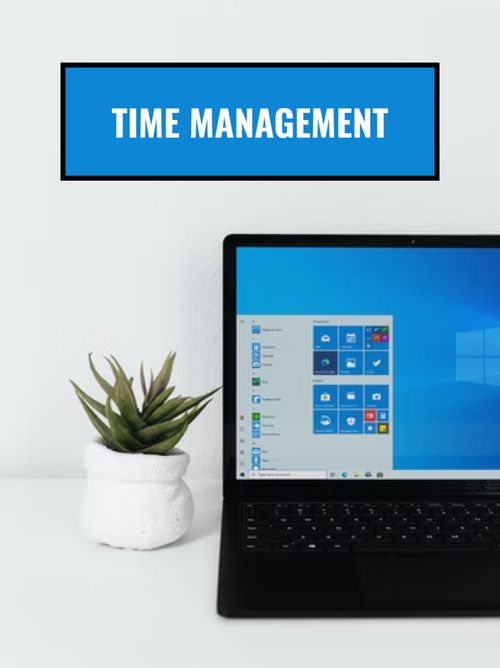Master time management by copying your computer
Jan 24, 2022 · 2 mins read
0
Share
Do you get overwhelmed with multiple tasks or struggle with time management? You can take inspiration from the algorithms used by computers, as explained by author and programmer Brian Christian, and learn how to manage time more effectively.
Save
Share
Computer science of scheduling:
Multitasking is beyond the reach of humans as well as machines. Even a computer operating system has an element called a “scheduler” which tells the CPU how long to work on each task before switching. Multitasking can even overload computers.
Save
Share
The Linux operating system in 2003 faced the problem of slow speed because of ranking tasks. They replaced scheduling (a precise priority ordering), with a limited number of priority ‘buckets.' This low-medium-high kind of grouping helped greatly.
Save
Share
We can also use the concept of priority buckets instead of scheduling each task. The time spent on scheduling everything is, after all, the time spent not doing required tasks. So simply put tasks into three groups of low-medium-high priority and start working on them.
Save
Share
According to the Quadratic time algorithm, each time your mailbox emails increase, the time spent to clear them doubles. You can instead reply in chronological order. Simply finishing the task as it crops up can help you make more progress than planning everything in sequence.
Save
Share
Computers avoid context switching and interruptions. Our productivity is highest in the ‘flow’ state and when not disturbed. The average human attention span has fallen to eight seconds today. External distractions like Whatsapp and social media notifications, reduce productivity
Save
Share
A computer does context switching to go from one task to another. There is a tradeoff between productivity and responsiveness. To get things done, computers avoid interruptions. To speed up, they have to minimize context switching and interruptions.
Save
Share
In 2013, this led to a massive improvement in the battery life of computers. Grouping the interruptions and putting them on ‘wait’ let the system check everything at once, then quickly enter a low power state. We can apply this to our lives to improve our productivity.
Save
Share
Action: find the time duration that each distraction can wait for a response and group them accordingly e.g.Whatsapp and social media messages can be grouped and checked every 2-3 hours. ‘Urgent’ calls and emails can be bundled together and done every 1-2 hours.
Save
Share
Computer performance has improved with time, and the future lies with supercomputers, of which the Japanese Fugaku is currently the most powerful. You can learn from the computer in front of you. Its operating principles light the path to more productivity via increased focus.
Save
Share
0
